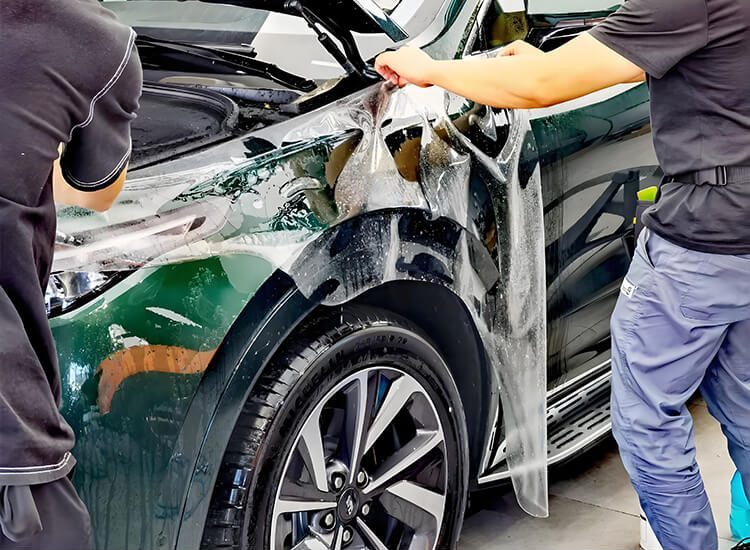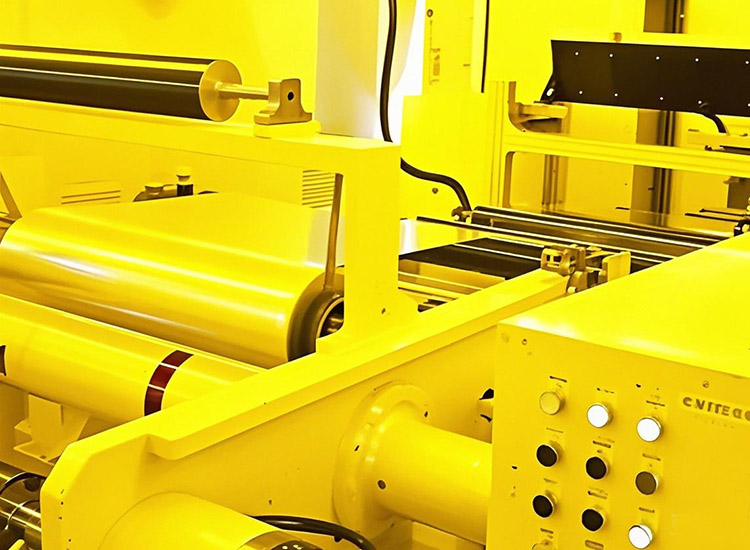Does PPF Film Really Self-Heal Scratches: Truth Revealed
PPF film self-healing has become a hot topic among car owners who want to maintain a flawless paint finish without constant worry about minor scratches. Many people wonder, does PPF film really self-heal scratches or is it just marketing hype? Understanding how self-healing PPF works is essential for choosing the right scratch-resistant car film and learning how to use it effectively. From daily driving in Los Angeles to long trips in Tokyo, the right film can save your vehicle from unsightly marks and preserve its resale value. Learn more about PPF Film Explained for beginners and advanced users.
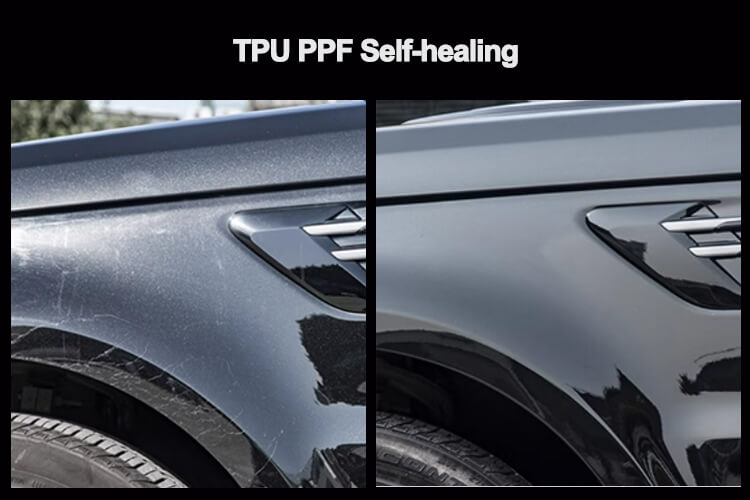
How Self-Healing PPF Film Works
The Science Behind Self-Repairing PPF
Self-healing PPF, also known as self-mending paint protection film, is engineered with a special topcoat that reacts to heat, either from sunlight or warm water, to “heal” minor scratches. When a light scratch appears, the film temporarily softens and allows the polymer layers to flow back into place. This process makes ppf film scratches repair nearly automatic and reduces the need for constant touch-ups. For DIY enthusiasts, DIY self-healing PPF repair can be enhanced with simple household heat sources, but following manufacturer guidelines is crucial for optimal results. You can explore different Types of Paint Protection Film to find what suits your vehicle best.
Minor Scratches and Heat Activation
Many users ask, can PPF film fix minor scratches? The answer is yes—if the scratch is superficial. The ppf film heat activation for self-healing process relies on a controlled temperature to allow the topcoat to reshape. Cities like Dubai, Berlin, and Sydney, where intense sunlight is common, naturally accelerate this process. However, deep scratches from stones or collisions may require professional intervention from a trusted PPF supplier or factory-certified installer. Check out PPF Usage Volume to understand how much film your car may need.
Advantages of Self-Healing PPF
Protection Beyond Scratches
Besides repairing light scratches, self-repairing PPF offers long-term benefits for your car’s exterior. It acts as a barrier against road debris, bird droppings, and minor abrasions. Many global car enthusiasts in London, New York, and Shanghai have adopted car paint self-healing film because it keeps vehicles looking new without regular polishing. The ppf film scratch resistance test often shows significant durability compared to standard films, and users report fewer visible blemishes over time. See why PPF Film Is the Best Protection for everyday use.
Comparing Self-Healing PPF vs Regular PPF
One critical question is self-healing PPF vs regular PPF. Traditional PPF films provide basic protection but lack the advanced polymer layer that repairs light scratches automatically. Choosing a self-healing option means less maintenance and longer-lasting shine. For those sourcing directly from a PPF manufacturer or wholesale distributor, this can also mean better price options for bulk purchases or fleet vehicles. Discover the Top 12 PPF Brands For Cars to find the most reliable options.
Best Practices for Using Self-Healing PPF
Proper Installation and Maintenance
Installation plays a major role in the performance of car paint self-healing film. Ensure a clean, dust-free surface before applying. Avoid stretching the film too much, as it can compromise the self-repair paint film capabilities. Once installed, minor scratches can be treated with warm water or heat, following ppf film maintenance for scratch healing recommendations. Regular washing with mild soap helps maintain the film’s elasticity and self-healing efficiency. For special finishes, explore Paint Protection Film for Black Cars to prevent swirl marks.
Longevity and Care Tips
Many car owners ask, how long does self-healing PPF last? With proper care, self-healing films can last 5–10 years, depending on environmental conditions and usage. Avoid harsh chemicals and abrasive cleaning tools. For small imperfections, ppf film scratch removal tips like gentle heat application or micro-fiber rubbing are often sufficient. Choosing the best self-healing PPF film for cars ensures that minor scratches vanish quickly, maintaining a flawless finish.
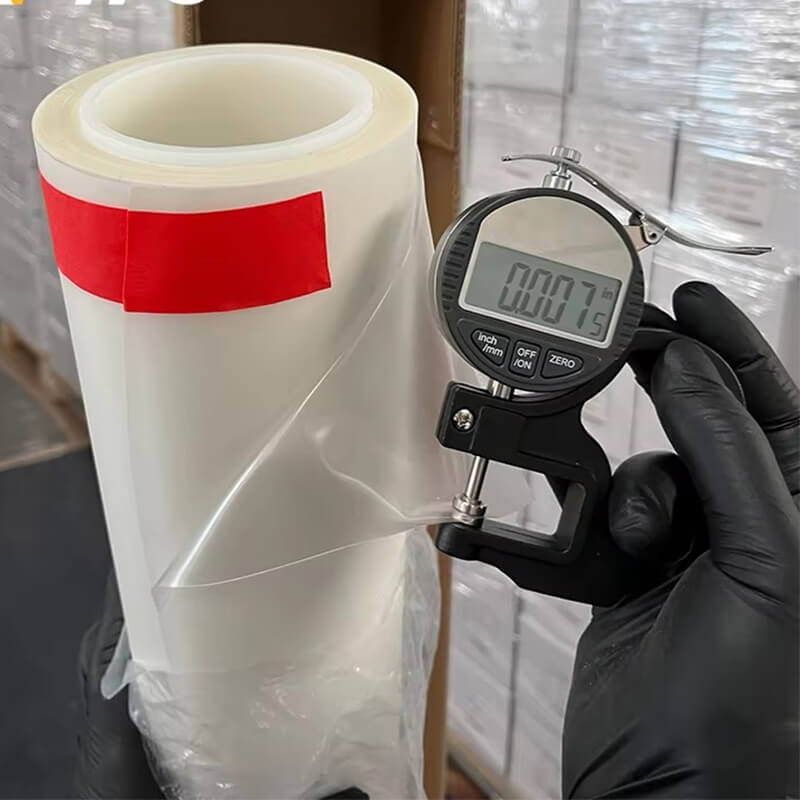
PPF Film Thickness, Price, and Vehicle Compatibility
| Thickness | Typical Price Range | Suitable Vehicles | Notes |
|---|---|---|---|
| 6 mil | $400–$600 | Compact cars, daily drivers | Easy to install, basic scratch protection |
| 8 mil | $500–$800 | Sedans, mid-size cars | Balanced protection and flexibility |
| 10 mil | $900–$1,200 | SUVs, luxury cars | Stronger protection for minor chips and scratches |
| 12 mil | $1,300–$1,500+ | Trucks, sports cars, off-road vehicles | Maximum impact resistance, heavier duty |
Self-healing PPF comes in 6, 8, 10, and 12 mil films. Thinner films (6–8 mil) suit daily drivers and small cars, while 10–12 mil self-healing PPF offers stronger protection for SUVs, trucks, and sports cars. The cost varies by thickness and supplier. 6–8 mil films typically range from $400–$800 for partial coverage, while 10–12 mil films can reach $900–$1,500. Buying from a PPF manufacturer or wholesale source like PreproPPF can reduce costs for multiple vehicles. Compact cars and sedans work well with thinner films, mid-size and luxury vehicles benefit from 8–10 mil films, and high-performance or off-road vehicles often choose 12 mil for maximum scratch resistance. Cities like Los Angeles, Tokyo, Berlin, and Sydney widely use self-healing PPF for everyday protection.
Common Misconceptions About Self-Healing PPF
Does PPF Film Heal Itself Instantly?
A common misconception is that scratches disappear immediately. While does PPF film heal itself? Yes, but it usually takes minutes to hours depending on the scratch depth and ambient temperature. Heat from the sun or warm water accelerates the process. Users in colder climates may notice slower healing, which is normal and not a defect of the film.
Limitations of Scratch Repair
Self-healing PPF is not a cure-all. Deep gouges, edge chips, or damage from car accidents cannot repair themselves. For serious damage, professional ppf film scratch repair services or film replacement may be necessary. Understanding these limitations helps manage expectations and ensures users are satisfied with their investment.
Real-World Reviews and User Experiences
PPF Film Self-Healing Review
Many car enthusiasts who tested ppf film self-healing review report impressive results, especially in minor abrasions. Regular drivers in Paris, Toronto, and Singapore noticed that daily wear and tear from keys, shopping carts, or small stones rarely left permanent marks. Comparing with ceramic coating, self-healing PPF vs ceramic coating often favors PPF for scratch recovery, while ceramic offers more hydrophobic properties.
Tips for Optimal Performance
- Apply the film under controlled temperature for best adhesion.
- Use warm water to activate the self-healing layer on minor scratches.
- Avoid direct harsh chemicals or high-pressure washing directly on new film.
- Consider sourcing from reputable PPF factories or trusted suppliers to guarantee quality.
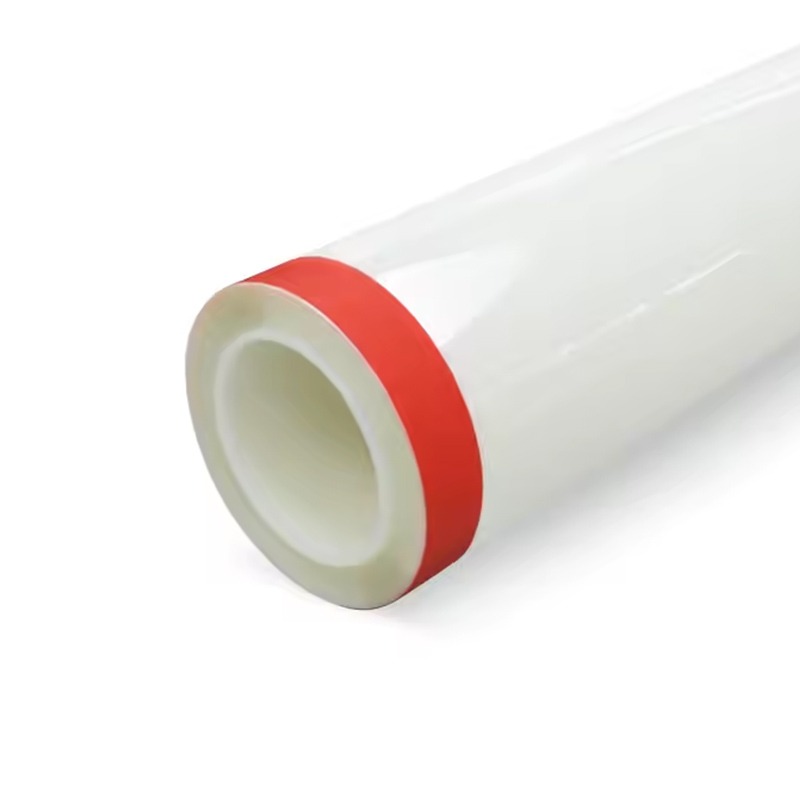
PreproPPF Clear PR-Q01
On a budget? Check out basic protection PPF PR-Q01, 5×50 ft, free shipping worldwide.
PreproPPF Factory and Global Delivery
PreproPPF offers premium self-healing PPF directly from the factory at competitive prices, designed for car enthusiasts worldwide. Our PPF films are available for bulk orders, and we provide free global shipping to cities including Los Angeles, Tokyo, Berlin, Sydney, and London. Whether you buy for personal use or as a reseller, PreproPPF ensures top-quality film, reliable performance, and worldwide delivery at no extra cost. Check How Much Does PPF Film Cost for current pricing and package options.
Frequently Asked Questions (FAQ)
Q1: Does PPF film repair deep scratches?
A1: No, self-healing PPF can only fix minor or superficial scratches. Deep scratches require professional repair or film replacement.
Q2: How long does it take for self-healing PPF to fix a scratch?
A2: Minor scratches usually heal within minutes to a few hours, depending on temperature and scratch depth.
Q3: Can I DIY install self-healing PPF at home?
A3: Yes, DIY installation is possible, but professional installation ensures optimal adhesion, longevity, and scratch repair performance.

